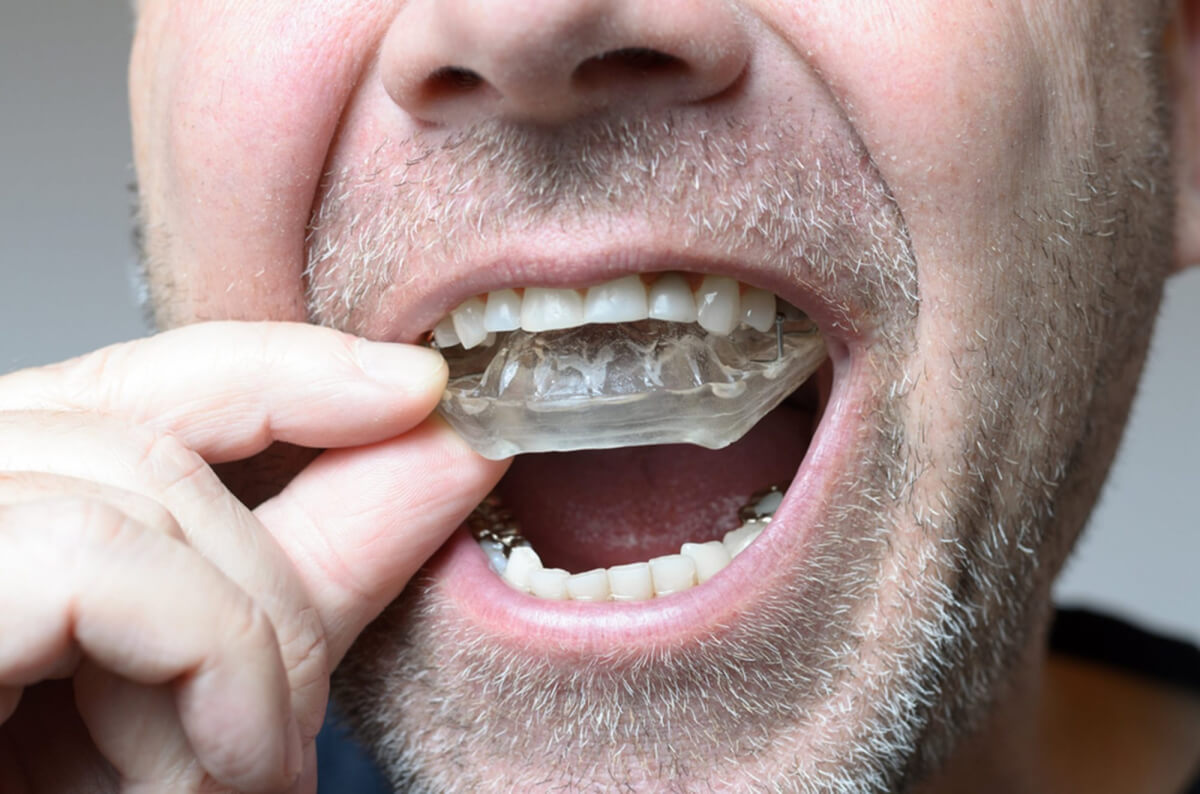Whether you play sports or grind your teeth at night, a mouth guard in Edina can be like a superhero for your teeth, keeping them safe from damage. But just like superheroes need care, your mouthguard does too. Here are 7 simple rules to help you take good care of your mouthguard and keep it working well.
Understanding Mouthguards: What Are They?
Mouthguards, also called mouth protectors, are gadgets you wear on your teeth to prevent injuries while playing sports or to shield against teeth grinding while sleeping. They come in different types, like ready-made, boil-and-bite, and custom-made versions, each giving varying levels of comfort and protection.
Why Are Mouthguards Important?
- Protection: Mouthguards act like cushions, protecting hits to the face during sports. This lowers the chance of teeth breaking or getting cuts.
- Prevention of bruxism damage: If you grind your teeth at night (bruxism), wearing a mouthguard can prevent this and ease problems like jaw pain, headaches, and worn-down enamel.
- Preservation of dental work: Mouthguards can also shield dental work like braces, crowns, and bridges, making them last longer and avoiding expensive fixes.
Guidelines for Maintaining Mouthguards
Clean Daily
Just like brushing your teeth, cleaning your mouth guard should be something you do every day. After each use, rinse it with cold water to get rid of any bits of food or dirt. Then, use a toothbrush and mild soap to clean it gently. Don’t use hot water because it can change the shape of the mouthguard.
Keep it Dry
Once you’ve cleaned it, let your mouthguard air dry completely before putting it away. Moisture can make bacteria grow, which can cause bad smells and maybe even health problems. A clean and dry mouthguard is a happy one.
Store Properly
When not in use, always store your mouth guard in its case. This protects it from dust, dirt, and damage. Avoid leaving it exposed on countertops or in gym bags, where it can easily get lost or damaged.
Avoid High Temperatures
Extreme temperatures can change the shape and quality of your mouth guard. Avoid exposing it to direct sunlight, hot water, or hot surfaces such as car dashboards. Instead, keep it in a cool, dry spot for storage.
Regular Inspections
Check your mouthguard from time to time for any damage. Look for cracks, tears, or parts that seem loose. If you see any of these signs, it’s time to get a new one.
Replace When Necessary
Even with proper care, mouthguards have a limited lifespan. Depending on the type and frequency of use, they typically need replacing every 6-12 months. Follow the manufacturer’s recommendations for optimal protection.
Consult Your Dentist
Your dentist near you is your mouthguard’s best friend. They can provide custom-fitted guards for maximum comfort and protection. Additionally, they can offer personalized advice on maintenance and replacement based on your specific needs.
With these guidelines, you can ensure your mouthguard remains effective, comfortable, and hygienic, allowing you to focus on what matters most – enjoying life with a confident smile!
Why Maintaining Mouth Guards Is Important?
Proper maintenance after acquiring mouth guard near you is crucial for preserving their effectiveness and protecting your dental health. Neglecting to follow maintenance guidelines can result in bacterial growth, damage to the mouth guard, and an increased risk of dental injuries. By incorporating these maintenance practices into your routine, you can prolong the lifespan of your mouth guard and safeguard your smile.
Ready to Take the Next Step In Safeguarding Your Smile?
At 44th Street Dental, our team of experienced dentists in Edina is dedicated to providing personalized care and expert guidance to help you maintain optimal oral health. Whether you need a custom-fit mouthguard for sports or nighttime use, we’re here to ensure your smile stays bright and healthy. Schedule an appointment with us today and take the first step towards protecting your most valuable asset – your smile!

